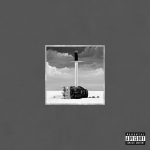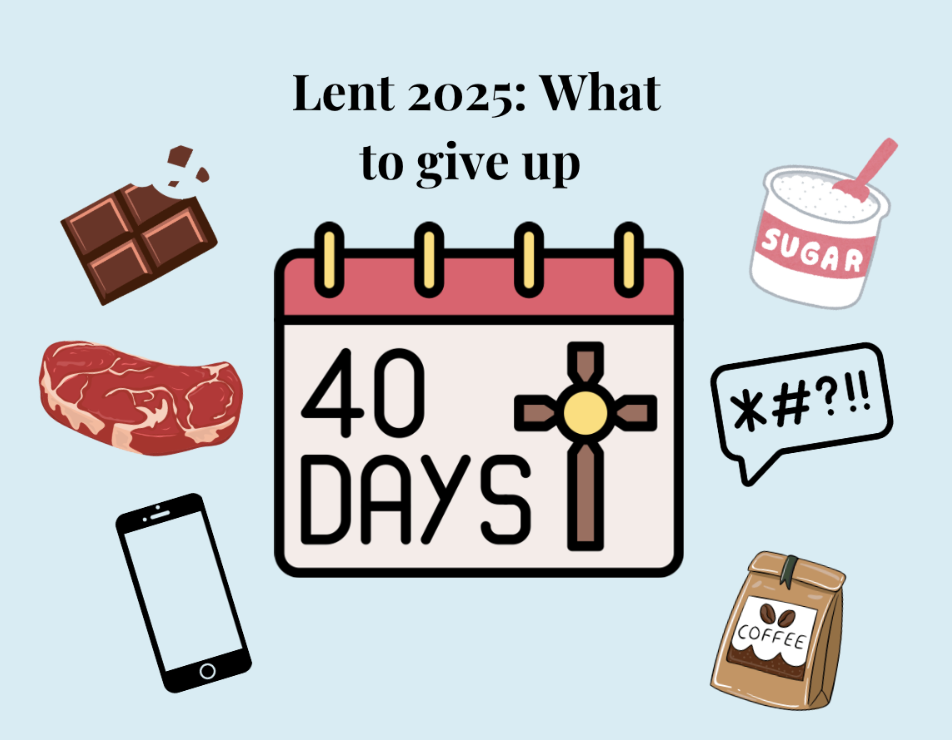Alix Neenan ’12
Features Editor

I’m deeply sorry if I haven’t offended anybody,” tweeted rapper Kanye West, who earlier tweeted, “Yoooo they banned my album cover!!!!!”
West was reporting that the cover for his newest album, “My Beautiful Dark Twisted Fantasy,” was banned in Wal-Mart stores.
The controversial cover depicts West and a woman with a tail and no arms having sex on a couch, West holding a drink in his hand.
West was indignant about its banning, saying, “I wanna sell albums but not at the expense of my true creativity,” on Twitter.
Nevona Friedman ’12, who works at Partisan Records— an independent record label in New York— said Kanye is just “going for attention.”
“It’s art, I’ll give it that, but it has nothing to do with Kanye or the image he’s trying to represent,” Friedman said.
Whatever kind of image West wants to represent, the album will actually be sold in Wal-Mart stores, contrary to earlier reports.
The national chain released a statement soon after West’s accusations, saying, “We’re excited about Kanye West’s new album and we look forward to carrying it in our stores on November 22nd. As always, it’s our standard practice to carry the edited parental advisory version. We did not reject the cover artwork and it was never presented to us to view.”
True or not, West’s outcry against the banning of his album is reminiscent of past musicians who have had their albums banned as well.
Although the First Amendment gives citizens of the United States the right to free speech, there are some restrictions.
“Kanye’s cover seems so dumb compared to other albums that are paintings, though. Look at Santana’s ‘Abraxas,’ which also features a painting of a nude woman. Santana’s is really beautiful and intricate, a real work of art. Kanye’s is silly-looking in comparison, and really childlike,” Friedman said.
Other notable covers include Nirvana’s “Nevermind,” which shows a picture of a nude infant swimming. Many stores such as Wal-Mart and K-Mart refused to sell the original cover, and Nirvana eventually compromised by placing a sticker over the child’s genitalia.
Another controversy in the industry was the cover of Jane’s Addiction’s album, “Ritual de lo Habitual,” which depicts what many opponents said was an “orgy.”
The album was not well received by many stores, and Jane’s Addiction released a new cover. It was white with the text of the First Amendment on the cover, and text on the back that questioned the effectiveness of the First Amendment, referencing the fact that “nobody made fun of Hitler.”
Although Friedman believes that artists should “definitely be allowed to have their album art in stores as long as it’s not directly threatening anyone,” she also conceded that it its ultimately the store’s “choice as to which albums they want to carry.”
But is Kanye, already known for stirring up trouble with his well-publicized appearance at the 2009 VMAs, really in it for the artistic effect?
“While it’s definitely something new, it’s not something that will be remembered for its artistic ability, but rather for its novelty,” Friedman said.













































